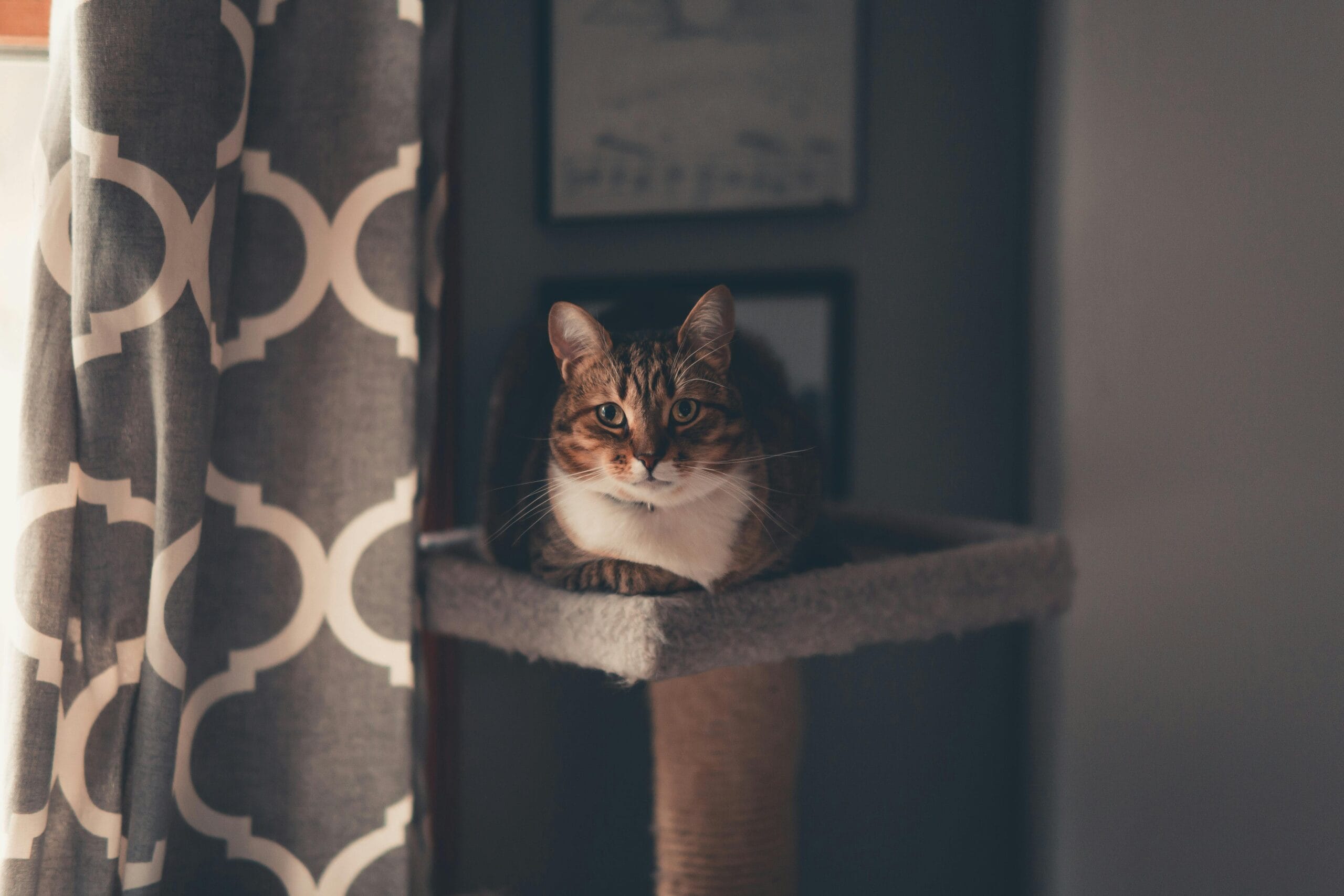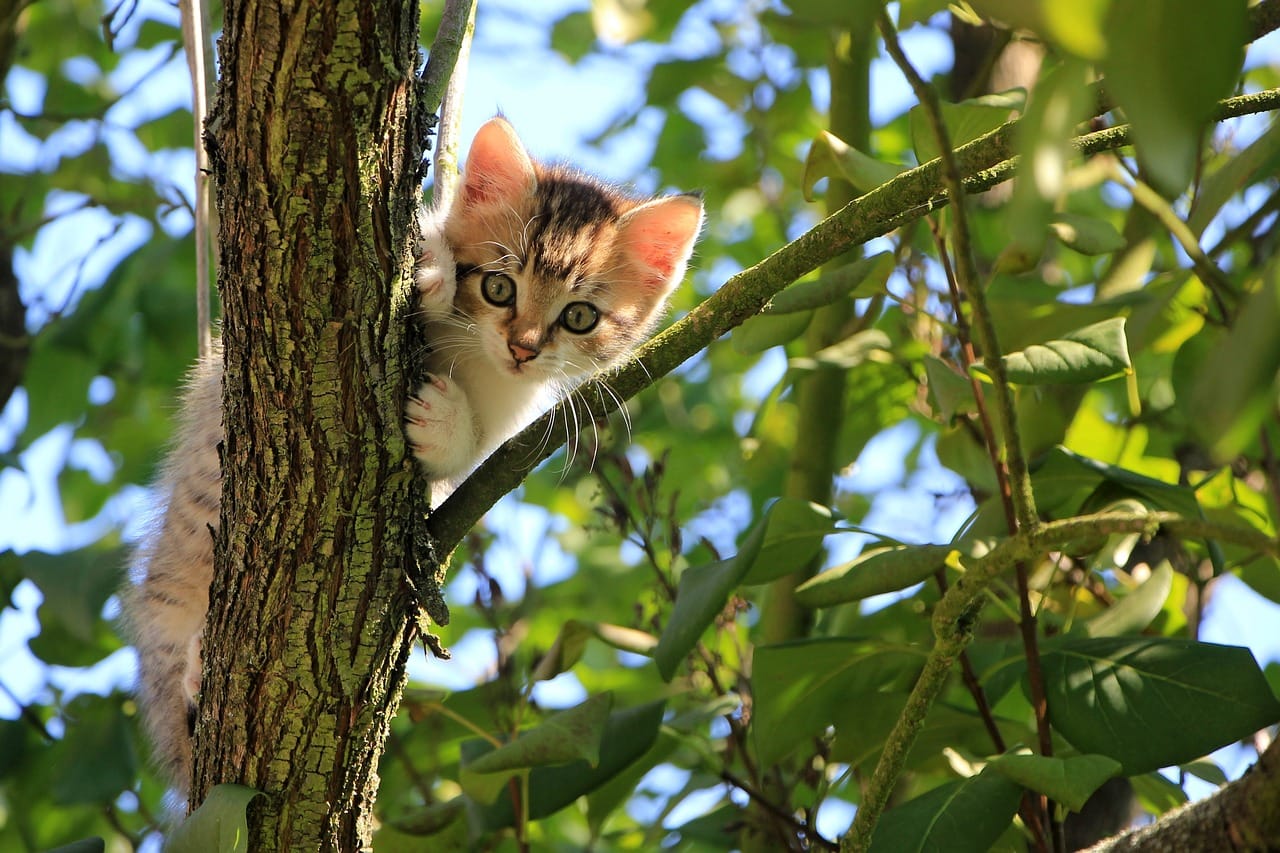Why is my kitten hiccuping after eating? Find out why your kitten hiccups after eating & learn what to do! Kitten hiccups after eating explained. Get expert advice now!
Why Is My Kitten Hiccuping After Eating? A Comprehensive Guide
Is your adorable kitten experiencing a bout of hiccups after mealtime? While often harmless, understanding why is my kitten hiccuping after eating can provide peace of mind. This comprehensive guide explores the common causes of kitten hiccups after eating, offering reassurance and practical advice for concerned cat parents. We’ll delve into the reasons behind this seemingly quirky behavior and offer strategies to help your furry friend.
Understanding the Mechanics of Kitten Hiccups
Hiccups, or singultus, are involuntary contractions of the diaphragm, the muscle separating the chest and abdomen. These spasms cause a sudden intake of breath, followed by a characteristic “hic” sound. In kittens, as in humans, several factors can trigger these involuntary muscle spasms. While a short bout of hiccups is usually nothing to worry about, persistent or severe hiccups warrant a visit to the veterinarian.
Common Reasons Why Is My Kitten Hiccuping After Eating?
Eating Too Quickly
One of the most prevalent reasons for kitten hiccups after eating is simply eating too fast. Kittens, especially young ones, are enthusiastic eaters. Inhaling their food can lead to air being swallowed along with the meal, irritating the diaphragm and triggering hiccups. Slowing down their eating pace is crucial. Consider using a slow feeder bowl designed to make them eat more deliberately. This will also help prevent digestive issues, like diarrhea, that can arise from rapid consumption of food. Speaking of food, are you feeding your kitten canned cat food? You might want to explore our article on whether canned cat food can cause diarrhea: https://themonstercat.com/does-canned-cat-food-cause-diarrhea/
Overeating
Similar to eating too quickly, overeating can also cause hiccups. A distended stomach puts pressure on the diaphragm, leading to those familiar hiccup spasms. Ensure your kitten receives appropriate portions based on their age, breed, and activity level. Consult your vet or refer to feeding guidelines on your kitten’s food packaging for optimal portion sizes. Perhaps you’re thinking about supplementing their diet with something like beef tendon? Check out our guide: https://themonstercat.com/can-kittens-eat-beef-tendon/
Excitement and Stress
Believe it or not, even excitement and stress can contribute to why is my kitten hiccuping. A highly stimulating environment, particularly after a meal, can trigger the involuntary diaphragm contractions. Ensure a calm and peaceful feeding environment for your kitten. Minimize distractions and allow them to eat without feeling rushed or pressured. Are you using Fancy Feast? https://themonstercat.com/is-fancy-feast-good-for-kittens/ explores whether this brand is suitable for your little one.
Underlying Medical Conditions
While less common, persistent or severe hiccups can sometimes indicate an underlying medical problem. Conditions affecting the nervous system, respiratory system, or digestive system might manifest as hiccups. If your kitten’s hiccups are frequent, prolonged, or accompanied by other symptoms like vomiting, diarrhea, lethargy, or difficulty breathing, seek veterinary attention immediately. A professional examination can determine if there’s a need for treatment. It’s also important to note that a kitten’s development is rapid. Understanding when kittens become cats is a useful benchmark for their overall health: https://themonstercat.com/when-do-kittens-become-cats/
Dietary Issues
Certain foods may be more likely to trigger hiccups in your kitten than others. Foods that are too rich, spicy, or difficult to digest could contribute to the problem. Pay attention to your kitten’s diet and consider eliminating any potential irritants if you notice a correlation between specific foods and hiccups. This often relates back to feeding habits discussed previously. A calm environment and a tailored approach to your kitten’s diet should solve the problem. Have you considered catnip? Here’s what you need to know about catnip for kittens.
What to Do If Your Kitten Is Hiccuping After Eating
For occasional, short-lived hiccups, you likely don’t need to intervene. However, if the hiccups persist or seem to distress your kitten, consider the following:
- Ensure a calm feeding environment: Minimize distractions and let your kitten eat peacefully.
- Adjust feeding habits: Use a slow feeder bowl or break up meals into smaller, more frequent feedings.
- Observe your kitten: Note the frequency, duration, and any accompanying symptoms of the hiccups.
- Consult your veterinarian: If hiccups are persistent, severe, or accompanied by other symptoms, seek veterinary advice.
When to See a Vet for Kitten Hiccups
While occasional hiccups are usually benign, it’s important to monitor your kitten’s condition. Seek veterinary attention if the hiccups:
- Last for more than a few minutes.
- Occur frequently throughout the day.
- Are accompanied by other symptoms, such as vomiting, diarrhea, lethargy, or difficulty breathing.
- Persist despite changes in feeding habits or environment.
Preventing Kitten Hiccups
Preventing hiccups often boils down to establishing healthy feeding habits. This includes:
- Using a slow feeder bowl.
- Providing smaller, more frequent meals.
- Creating a calm feeding environment.
- Monitoring your kitten’s food intake and adjusting portions as needed.
Further Reading and Resources
For more information on kitten health and nutrition, consider consulting these reputable sources:
The American Society for the Prevention of Cruelty to Animals (ASPCA): https://www.aspca.org/
The American Veterinary Medical Association (AVMA): https://www.avma.org/
Conclusion: Addressing Why Is My Kitten Hiccuping After Eating
Understanding why is my kitten hiccuping after eating is crucial for responsible pet ownership. While many cases are minor and self-limiting, persistent or concerning hiccups necessitate a veterinary consultation. By proactively addressing feeding habits, creating a calm environment, and monitoring your kitten’s health, you can help ensure their well-being and address the root cause of those occasional post-meal hiccups. Remember, early intervention is key to maintaining your kitten’s health.
Share Your Experience!
Have you experienced your kitten hiccuping after eating? Share your experiences, tips, and advice in the comments below! Let’s help each other understand why is my kitten hiccuping and find solutions together! Let’s discuss those kitten hiccups after eating and how you handled them.

Frequently Asked Questions: Kitten Hiccups After Eating
- Why is my kitten hiccuping after eating?
- Kitten hiccups after eating are often due to swallowing air during a meal, especially if they eat too quickly. It’s usually harmless and resolves on its own. If you’re concerned about why is my kitten hiccuping, consider slowing down their eating pace.
- How long do kitten hiccups after eating usually last?
- Usually, kitten hiccups after eating only last a few minutes. However, if they persist for hours or seem to distress your kitten, consult a vet.
- Is it normal for kittens to hiccup after eating?
- Yes, it’s quite common. Why is my kitten hiccuping after eating is frequently linked to rapid eating, which causes air to be swallowed. It’s generally nothing to worry about.
- My kitten is hiccuping after eating and seems distressed. Should I be worried?
- If your kitten shows signs of distress alongside the hiccups (e.g., lethargy, vomiting, difficulty breathing), contact your vet immediately. While why is my kitten hiccuping is often benign, persistent or accompanied by other symptoms warrants veterinary attention.
- What can I do to stop my kitten’s hiccups after eating?
- Often, nothing is needed. The hiccups will usually pass. However, gently stroking your kitten or offering a small amount of water might help. Slowing down their eating with a shallow food bowl can also prevent future episodes of kitten hiccups after eating.
- Can a change in diet stop my kitten from hiccuping after eating?
- While unlikely to directly stop hiccups, feeding smaller, more frequent meals could prevent rapid eating, a common cause of why is my kitten hiccuping post-meal.
- Are there any medical reasons for a kitten hiccuping after eating?
- Rarely, underlying medical issues can cause hiccups. If hiccups are frequent, persistent, or accompanied by other symptoms, consult your vet to rule out any medical conditions.
- My kitten is very young and hiccuping after eating. Is this different?
- Very young kittens are more prone to hiccups. If your kitten is very young, the cause is usually the same (swallowing air) and therefore harmless, though veterinary advice is always a good idea if you are concerned about why is my kitten hiccuping.
- How can I prevent my kitten from hiccuping after eating?
- Use a shallow food bowl to discourage rapid eating. Offer smaller, more frequent meals to prevent overeating and rapid ingestion of food. These methods can reduce the incidence of kitten hiccups after eating.
- When should I take my kitten to the vet because of hiccups?
- If the hiccups are persistent (lasting hours), accompanied by other symptoms (vomiting, lethargy, difficulty breathing), or if you’re simply worried, contact your veterinarian. It’s better to be safe than sorry when it comes to your kitten’s health. Persistent hiccups, even without other symptoms, could be a sign of something needing veterinary attention. Understanding why is my kitten hiccuping is important, and your vet can help.

Why Is My Kitten Hiccuping After Eating?
It’s common to see kittens hiccuping, especially after a meal. While usually harmless, understanding the potential causes can help you address any underlying concerns and ensure your kitten’s wellbeing. Sometimes, eating too quickly can lead to hiccups. Try feeding your kitten smaller, more frequent meals to see if that helps. You might also want to consider the type of food you are feeding your kitten. For example, if you’re feeding your kitten canned food, you might want to check out this article on whether canned cat food can cause diarrhea: Does Canned Cat Food Cause Diarrhea? This can help you determine if dietary changes are necessary.
Another potential reason for post-meal hiccups is overeating. Kittens, with their enthusiastic appetites, can easily overindulge. Monitor your kitten’s food intake and adjust portion sizes accordingly. Remember, a kitten’s dietary needs change as they grow; you can learn more about when kittens transition to adulthood here: When Do Kittens Become Cats? This will help you tailor their feeding schedule and amount to their age and activity level.
The type of food can also play a role. Certain foods might be harder for your kitten to digest, potentially leading to hiccups. For instance, if you’re considering adding treats to your kitten’s diet, you might want to learn about appropriate options, such as beef tendon: Can Kittens Eat Beef Tendon? Always research the suitability of any new food before introducing it to your kitten’s diet. Similarly, if you’re considering Fancy Feast, you might find this informative: Is Fancy Feast Good for Kittens? Choosing the right food is crucial for their overall health.
While hiccups are often benign, persistent or severe hiccups could indicate a more serious issue. If your kitten is also exhibiting other symptoms like vomiting, lethargy, or diarrhea, consult your veterinarian immediately. It’s always better to err on the side of caution when it comes to your pet’s health. Even seemingly innocuous things like catnip can have unexpected effects on your kitten: Can a Kitten Have Catnip? Consult your vet before introducing new substances to your kitten’s environment.
In short: Most post-meal hiccups in kittens are temporary and not a cause for alarm. However, paying attention to your kitten’s eating habits, food choices, and overall health is vital. If you’re concerned, don’t hesitate to seek professional veterinary advice.
Why Is My Kitten Hiccuping After Eating, kitten hiccups after eating, why is my kitten hiccuping